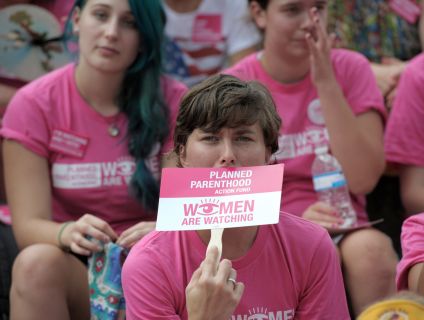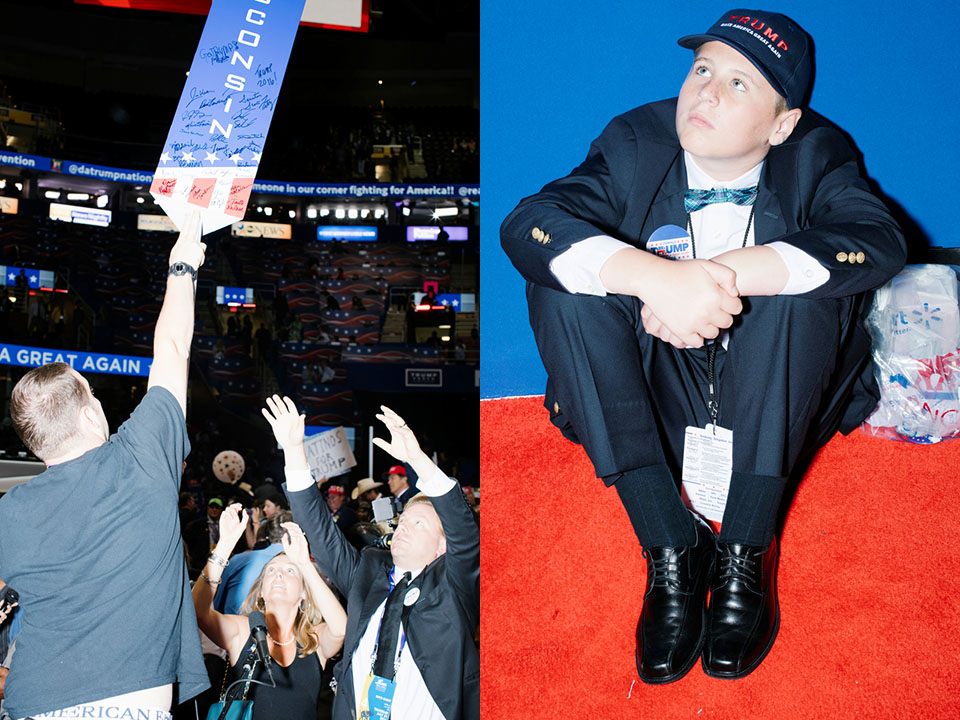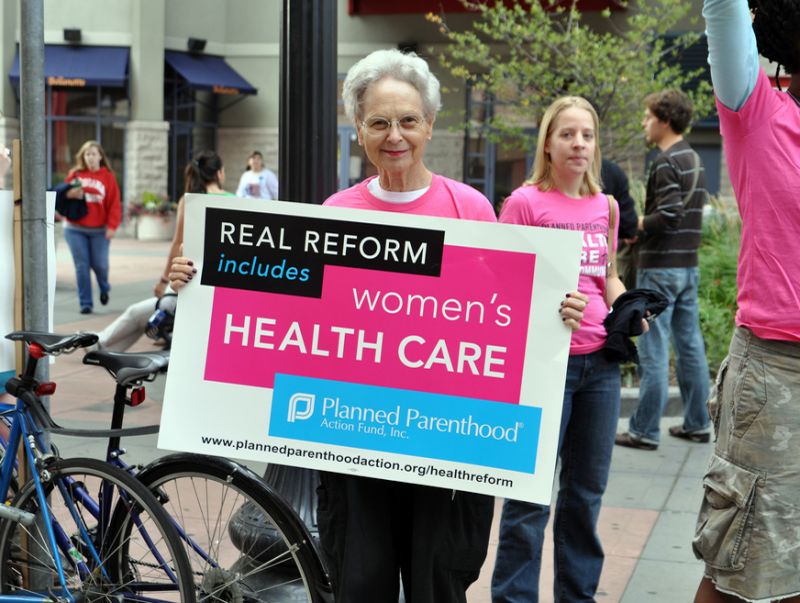
<a href="http://www.shutterstock.com/pic-20489513/stock-photo-sex-education-handwritten-with-white-chalk-as-a-class-or-lecture-topic-on-blackboard.html?src=csl_recent_image-1">marekuliasz</a>/Shutterstock
Last year, a pair of researchers at North Dakota State University won a federal grant to conduct and evaluate a sex education program for at-risk teenagers with Planned Parenthood. But now the school is backing out of the grant, and critics say that political pressure from anti-abortion lawmakers is to blame.
NDSU professors Brandy Randall and Molly Secor-Turner won the three-year, $1.2 million competitive grant from the US Department of Health and Human Services Administration for Children and Families. The goal of the program—which NDSU announced in a press release last September—was to prevent pregnancy and sexually transmitted diseases in teens who are homeless, in foster care, or in the juvenile justice system. The school signed an agreement with Planned Parenthood in November to provide the services, which were expected to reach as many as 430 teens between the ages of 14 and 19. Planned Parenthood’s office in Fargo would run the program, and the NDSU professors would evaluate its results. They had already started recruiting participants, and the program was slated to begin at the end of this month.
But in early January, anti-abortion activists in the state started complaining about the grant. “When I see something that says this is Planned Parenthood—they’re not even a part of the state of North Dakota. They don’t serve anyone in North Dakota, and they shouldn’t be a part of North Dakota. They’re not a part of how we do business in this state,” said Rep. Bette Grande on a local radio show decrying the partnership: “It is an overt abortion industry that we don’t want to be a part of.” On Jan. 15, NDSU President Dean Bresciani said on a conservative talk radio show that the school had decided to block the funds, citing a “legal hang-up” that prevents the school from working with Planned Parenthood.
As the local newspaper Forum of Fargo-Moorhead reports, NDSU now says that it is “freezing” the grant while it figures out if it violates a 1979 state law that bars state dollars, or federal dollars coming through the state, from being used “as family planning funds by any person or public or private agency which performs, refers, or encourages abortion.” North Dakota Catholic Conference praised NDSU for making “the right decision,” and it got glowing reviews in the anti-abortion outlet Life Site News.
The school’s claims about legal concerns are specious, at best, say its critics. The 1979 law that the school cites deals with the actual provision of family planning care, like prescribing birth control or other medical services, which this grant is explicitly not designed to provide. It’s an educational program. Moreover, Planned Parenthood doesn’t even provide abortions or any medical services at all in North Dakota; its only office is in Fargo, and that office has advocacy, outreach, and education programs. Nor does the program have anything to do with what’s being taught in public schools, as some anti-choice lawmakers have implied. It’s outside of school, it’s voluntary, and participating teenagers have to have the consent of their parent or guardian.
The decision to block the grant has also angered professors at NDSU, who see the move as politically-motivated interference with faculty research. Thomas Stone Carlson, president of the Faculty Senate, issued a public response to President Bresciani on Jan. 17:
We are aware that you have received significant pressure from legislators (Betty Grande and Jim Kasper in particular) who have political agendas that oppose the work of Planned Parenthood. The announcement of your decision to freeze this funding on a conservative talk show and the quick response of several conservative groups thanking legislators for this important victory against Planned Parenthood, makes it difficult to see your decision as anything other than bowing to political pressure.
“The university president lacks the courage and willingness to protect and defend academic integrity that he should have as university president,” Sarah Stoesz, president of Planned Parenthood Minnesota, North Dakota, South Dakota, told Mother Jones. “[Bresciani] is caving to some ideologically motivated legislators because he is worried about state funding for the university.”
“To turn away the grant on an ideological basis really just defies logic, particularly in North Dakota, where there is so little available to at-risk youth,” she continued. “This is really a program that is a wonderful lifeline for kids that don’t have other options.”













